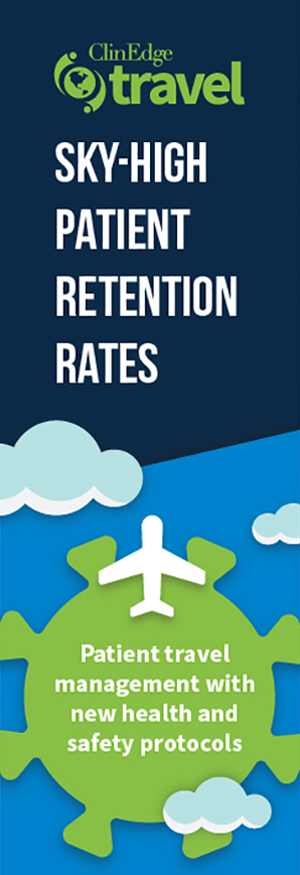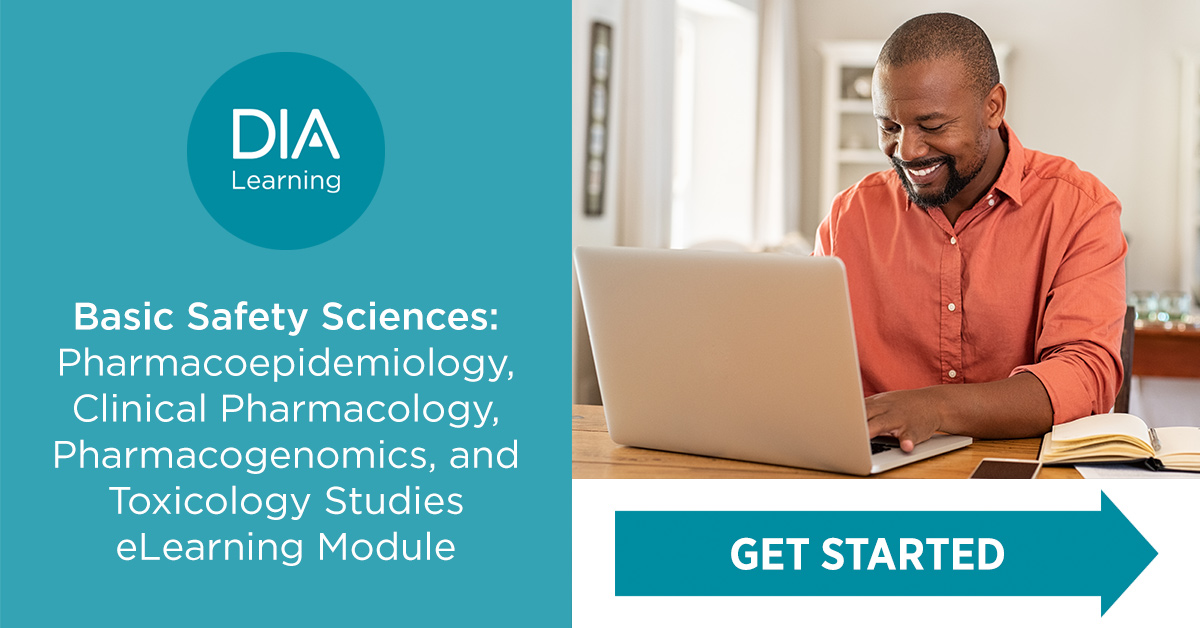Table of Contents
EXECUTIVE LEADERSHIP
Subscribe
Love Global Forum‘s new online format? Subscribe today and never miss an issue.
Editorial Board
Content stream editors
Gary Kelloff US National Institutes of Health
David Parkinson ESSA Pharma, Inc.
regulatory science
Yoshiaki Uyama Pharmaceuticals and Medical Devices Agency (PMDA)
Adora Ndu BioMarin Pharmaceutical, Inc.
Patient engagement
Deborah Collyar Patient Advocates In Research (PAIR)
Lode Dewulf Servier
VALUE AND ACCESS
Monika Schneider Duke-Margolis Center for Health Policy
Editorial Staff
Alberto Grignolo, Editor-in-Chief Parexel International
Ranjini Prithviraj, Global Associate Director, Content Collaboration DIA Publications
Sandra Blumenrath, Science Writer DIA Publications
Chris M. Slawecki, Senior Digital Copyeditor DIA Publications
Regional Editors
David Mukanga Bill and Melinda Gates Foundation
ASEAN
Silke Vogel Duke-National University of Singapore Medical School
AUSTRALIA/NEW ZEALAND
Richard Day University of New South Wales, Medicine, St. Vincent’s Hospital
CANADA
Judith Glennie JL Glennie Consulting, Inc.
Megan Bettle Health Canada
CHINA
Ling Su Shenyang Pharmaceutical University, Lilly Asia Ventures
Europe
Thomas Kühler Sanofi R&D
INDIA
J. Vijay Venkatraman Oviya MedSafe
JAPAN
Akiko Ikeda Janssen Pharmaceutical K.K.
LATIN AMERICA
Cammilla Gomes Roche
MIDDLE EAST
Inas Chehimi Novartis
USA
Ebony Dashiell-Aje BioMarin
Young Professionals Editor
DIA Membership
Bringing together stakeholders for the betterment of global health care.
Telling Health Stories for Drug Development – Takeaways from the DIA 2020 Virtual Global Annual Meeting
National Minority Quality Forum
Patient Engagement Community Chair
hile discussions among representatives from industry and regulatory agencies often stress the importance of patient stories, only a few of these discussions give insights into how to elicit these perspectives, identify patients, and empower them to share their experiences. Further, industry requires a level of change management to convert these insights into meaningful changes in drug development structures and processes geared to improving patient experiences and outcomes. The live panel discussion “Telling Health Stories for Drug Development” at the DIA 2020 Virtual Global Annual Meeting revealed the considerations and steps to take when integrating patient stories and experiences into drug development activities.
Key Takeaways
- Plan ahead to identify “representative” populations and individual patients.
- Stigma may silence the very patient voices that are most necessary for relevant drug development. Methods from the arts, such as drama, and behavioral sciences can provide safe ways for people to share their experiences and insights with researchers.
- Change management techniques are needed to get beyond an individual protocol and fully integrate patients into drug development programs. Consider changes to program-level eligibility criteria, endpoints, terminology, and even to internal organizational structures and processes.
- The urgency of the COVID-19 pandemic and the Black Lives Matter movements shine a light on populations whose voices must be heard while potential vaccines and treatments are fast-tracked into development.
![]() Podcasts
Podcasts
![]() DIA DIRECT: COVID-19 Webinars
DIA DIRECT: COVID-19 Webinars
As a response to the current pandemic, and with the support of the DIA Knowledge Brigade, we have brought together experts from across the global healthcare product development continuum for an ongoing series of live, virtual panel discussions on how we continue to work towards our shared mission of accelerating therapies to patients, during the coronavirus crisis. Watch Experts from China Speak on Conducting Clinical Trials During the Pandemic Part 1 below now.
For other webinars in this DIA DIRECT COVID-19 Webinar Series, please visit our COVID-19 Resource Center.
![]() DIA DIRECT: COVID-19 Webinars
DIA DIRECT: COVID-19 Webinars
As a response to the current pandemic, and with the support of the DIA Knowledge Brigade, we have brought together experts from across the global healthcare product development continuum for an ongoing series of live, virtual panel discussions on how we continue to work towards our shared mission of accelerating therapies to patients, during the coronavirus crisis. Watch Experts from China Speak on Conducting Clinical Trials During the Pandemic Part 2 below now.
For other webinars in this DIA DIRECT COVID-19 Webinar Series, please visit our COVID-19 Resource Center.
Around the Globe
“One-Stop Shop” for Clinical Trial Ethics Approvals Part of Australia’s COVID-19 Response
his past June, Australian Federal Health Minister Greg Hunt announced that the Commonwealth of Australia will join with all our States and Territories to achieve a “one-stop shop” for enhanced clinical trial approvals in Australia. Speaking at the annual State of the Nation Forum, run for the last forty years in our national capital by the highly regarded Committee for Economic Development of Australia (CEDA), Hunt provided an update on the COVID-19 crisis and how Australia has managed so far.
![]() Podcasts
Podcasts
Around the Globe
in Pandemic
Research Center for Clinical Pharmacology, Nanfang Hospital
Southern Medical University
stablished and organized by the Committee for Drug Clinical Evaluation Research (CDCER) of the Chinese Pharmaceutical Association (CPA), the China Forums of Clinical Research Capacity Building and Human Research Participants Protection known as CCHRPP brought together a majority of representatives from hospital clinical research centers, the R&D-based Pharmaceutical Association Committee (RDPAC), research sponsors, contract research organizations (CROs), and site management organizations (SMOs), to share clinical resources and improve communication efficiency, especially during the current pandemic. More than 120 facilities throughout China have become CCHRPP members since 2017.
Around the Globe
Around the Globe
Medanta Institute of Education & Research
Bharat Serums and Vaccines Limited
his article reviews several barriers to implementation of clinical studies involving COVID-19 patients in India and attempts to address possible solutions for rapid clinical trial deployment and implementation in line with Good Clinical Practice (GCP) guidelines and regulatory requirements.








![Read [CCHRPP Consensus] Version 2.0 [CCHRPP Consensus] Version 2.0 document title page](https://globalforum.diaglobal.org/wp-content/uploads/2020/07/cchrpp-consensus-img-1.jpg)

